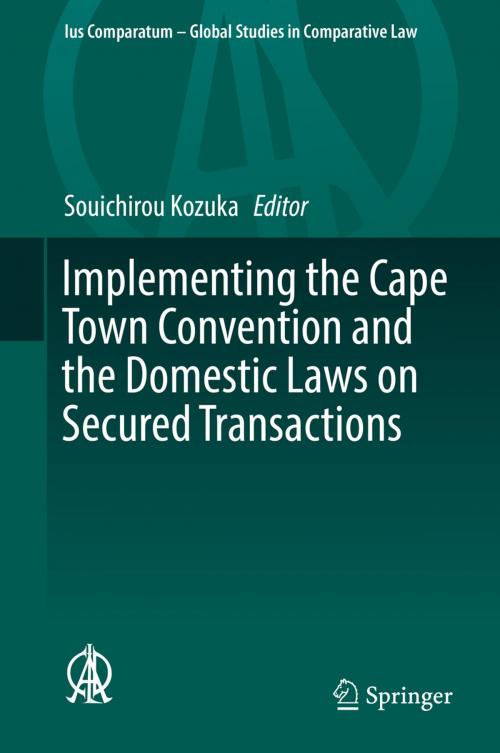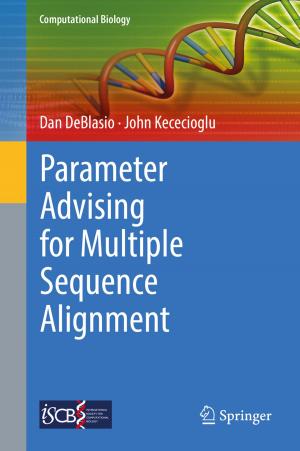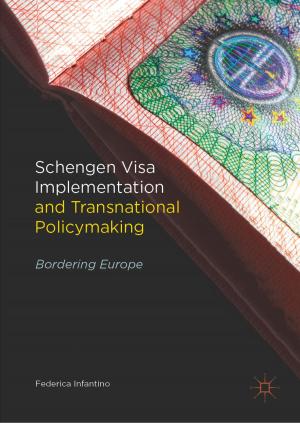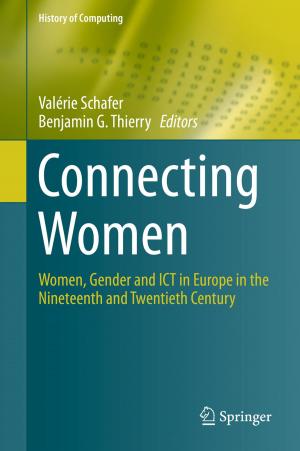Implementing the Cape Town Convention and the Domestic Laws on Secured Transactions
Nonfiction, Reference & Language, Law, Commercial, International| Author: | ISBN: | 9783319464701 | |
| Publisher: | Springer International Publishing | Publication: | January 25, 2017 |
| Imprint: | Springer | Language: | English |
| Author: | |
| ISBN: | 9783319464701 |
| Publisher: | Springer International Publishing |
| Publication: | January 25, 2017 |
| Imprint: | Springer |
| Language: | English |
This book offers the analysis of the relationship between the Cape Town Convention and national laws on secured transactions. The first part of the book considers why national implementation is so important in the case of the Cape Town Convention and identifies how innovative the Convention is as a uniform law instrument. The second part includes chapters on those states that are Parties to the Cape Town Convention, which analyse how the Convention is implemented under the domestic law. The third part includes chapters on those states that are not Parties to the Convention, which compare their national laws and the Convention to find unique features of the Cape Town Convention’s rules. The fourth part discusses the meaning of Protocols on aircraft, railway rolling stock and space assets from the practitioner’s point of view. As a whole, the book offers insights into the new stage of uniform private law and shows the need for further examination of the subject, which will be essential for international and national legislators, academics of comparative and international private law as well as practitioners who are the users of the uniform law regime.
This book offers the analysis of the relationship between the Cape Town Convention and national laws on secured transactions. The first part of the book considers why national implementation is so important in the case of the Cape Town Convention and identifies how innovative the Convention is as a uniform law instrument. The second part includes chapters on those states that are Parties to the Cape Town Convention, which analyse how the Convention is implemented under the domestic law. The third part includes chapters on those states that are not Parties to the Convention, which compare their national laws and the Convention to find unique features of the Cape Town Convention’s rules. The fourth part discusses the meaning of Protocols on aircraft, railway rolling stock and space assets from the practitioner’s point of view. As a whole, the book offers insights into the new stage of uniform private law and shows the need for further examination of the subject, which will be essential for international and national legislators, academics of comparative and international private law as well as practitioners who are the users of the uniform law regime.















